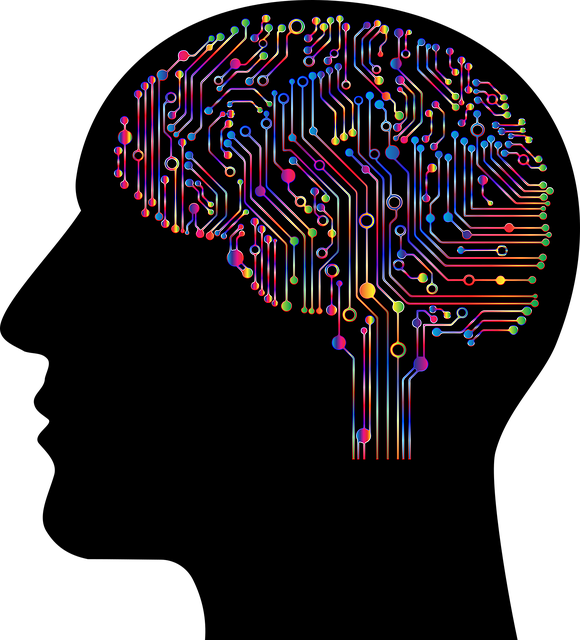
The ability to manage and respond to stimuli is an important aspect of personal development and well-being. In this information, we discuss the various ways in which organisms respond to stimuli and how individuals can learn to interrupt negative responses and optimize positive responses in order to enhance their well-being and achieve their goals. We also touch on the different approaches and techniques that can be used to manage responses to stimuli, including mindfulness, relaxation techniques, and cognitive-behavioral strategies.
Yes, it is true that much of the self-help movement has focused on helping individuals to better understand and manage their responses to stimuli. This can include learning to cope with negative stimuli in a healthy way, as well as learning to optimize positive responses to stimuli in order to enhance well-being and achieve goals.
There are many different approaches to self-help and personal development, ranging from cognitive-behavioral therapy to mindfulness-based practices to self-help books and courses. These approaches often involve learning new skills or techniques to help individuals better manage their thoughts, emotions, and behaviors in response to stimuli.
For example, someone who is struggling with anxiety may learn relaxation techniques or cognitive-restructuring techniques to help them cope with anxiety-provoking stimuli. Someone who wants to achieve a specific goal, such as losing weight or improving their career, may learn strategies for setting and working towards their goals, as well as how to overcome obstacles and setbacks along the way.
Overall, the goal of self-help and personal development is to help individuals live happier, more fulfilling lives by learning to manage and respond to stimuli in a healthy and productive way.
It is natural for people to have negative responses to certain stimuli, as these responses are often instinctive and automatic. However, it is possible to learn to interrupt or modify these negative responses by using various techniques and strategies. Here are a few examples of how you might approach this:
Identify the stimulus that triggers your negative response. This could be a specific situation, person, or event. Once you have identified the trigger, you can begin to understand what it is about the stimulus that causes your negative response.

Recognize your negative thoughts and emotions. Notice when you are having negative thoughts or feeling negative emotions in response to the stimulus. This can help you to become more aware of your reactions and to learn to identify the patterns that may be contributing to your negative responses.
Practice mindfulness. Mindfulness is the practice of paying attention to the present moment in a non-judgmental way. By focusing on your breath, your senses, or your surroundings, you can learn to be more present and to let go of negative thoughts and emotions.
Use relaxation techniques. Deep breathing, progressive muscle relaxation, and other relaxation techniques can help to reduce feelings of stress and anxiety.
Seek support. Talk to a trusted friend, family member, or professional therapist about your negative responses and how you can learn to interrupt them. They can offer guidance and support as you work to change your patterns of responding to stimuli.
Remember that it takes time and practice to learn to interrupt negative responses to stimuli. Be patient with yourself and don't expect to see results overnight. With time and effort, you can learn to respond to stimuli in a more positive and healthy way.
In conclusion, managing responses to stimuli is a crucial part of personal development and well-being. By learning to interrupt negative responses and optimize positive responses, individuals can improve their ability to cope with challenges, achieve their goals, and live happier, more fulfilling lives. There are many different approaches and techniques that can be used to manage responses to stimuli, including mindfulness, relaxation techniques, and cognitive-behavioral strategies. By learning to identify and understand the stimuli that trigger our responses and by using these techniques and strategies to manage our reactions, we can improve our ability to respond to the various stimuli in our environment in a healthy and productive way.
Yeah, you're right. Managing responses to stimuli is important for our self improvement. After reading your article, I suddenly remember the term "basal ganglia" where it has a crucial role why habits are formed. I don't know if it's a stimuli, though. I'm not a fan of science. What do you think?
I'm not into medical terms but did some research. While the basal ganglia are not directly responsible for stimuli, they are involved in the process of responding to stimuli and learning from those responses. Understanding how the basal ganglia work can help us to understand how habits are formed and how we can change them if we wish to do so. All that said, for my purposes, it is not necessary to be a fan of science to understand the role of the basal ganglia in the formation of habits.
My personal interests focus on how we can manipulate our responses to various stimuli to bring about desired results. I think this is the bases for most if not all of the self-help information available today.
Hope to be writing more on this soon!
Thank you so much for your response. After looking at your blogs/posts, and you are not boring, I decided to follow you. Looking forward to more interaction.